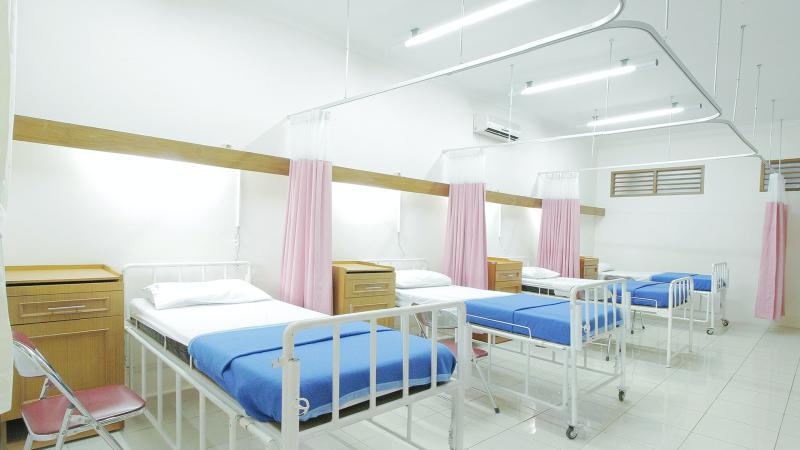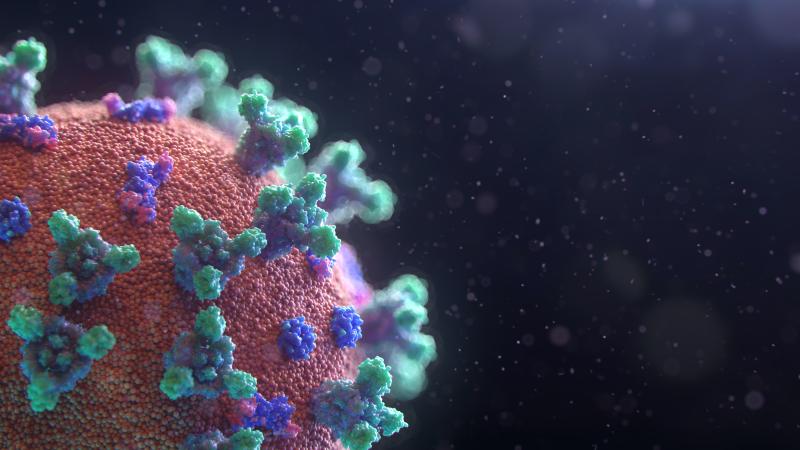Mass Probation and Health

The Robina Institute of Criminal Law and Criminal Justice participated as part of an interdisciplinary team of researchers from the University of Minnesota, Hennepin Healthcare, and the Hennepin County Department of Community Corrections and Rehabilitation. The work aimed to develop evidence-based policy and programmatic recommendations intended to help communities achieve lasting changes in health and supervision practices that are more just and equitable.
The Project
Identifying and Addressing Disparities in the Criminal Justice and Health Care Systems
While considerable attention has focused on the causes and consequences of mass incarceration, most of the criminal justice population is supervised through community supervision, particularly probation. Minnesota is a leading exemplar of this pattern; while Minnesota has the sixth-lowest incarceration rate in the nation, our community supervision rate is the fifth-highest. Moreover, probation and supervised release violations represent a large share of prison admissions, are a significant driver of Minnesota’s rising incarceration rate in recent years, and disproportionately impact people from racial and ethnic minority groups.
Individuals involved in the justice system are known to have high rates of chronic disease, mental illness, and substance use disorders. Yet how community-based criminal justice contact intersects with broader health disparities in our communities has been largely ignored. This project examined Hennepin County as a strategic case study to better understand the relationships between community supervision, health, and well-being. The project used a mixed-methods approach, analyzing data on healthcare use and healthcare claims by people on probation, interviews with medical providers, a survey of probation officers, and a survey and interviews of people on probation.
Online Survey of Probation Officers
The Robina Institute led the survey of probation officers, which was aimed at learning about probation officer attitudes and beliefs about the links between probation and health, and how they saw their role with regard to the health of people on probation. The Examining Probation Officer Views on the Links Between Probation and Health report summarizes the survey findings and suggests potential policy interventions that could be implemented to improve the health and probation outcomes of people on probation.
Learn more about the project and all its components on the Mass Probation and Health website.
Publications
Olson, Marin, Rebecca J. Shlafer, Peter Bodurtha, Jonathan Watkins, Courtney Hougham, and Tyler N. A. Winkelman. 2021. Health profiles and racial disparities among individuals on probation in Hennepin County, Minnesota, 2016: a cross-sectional study. BMJ Open.
Jennings, Latasha, Carolina Fernández Branson, Andrea M. Maxwell, Tyler N. A. Winkelman, and Rebecca J. Shlafer. 2021. Physicians’ perspectives on continuity of care for patients involved in the criminal justice system: A qualitative study. PLOS ONE.
Garcia, Rodrigo Tojo and Noura Abukhadra. 2021. Free but Locked Out: Employment and Housing Barriers for Adults on Probation. Minnesota Undergraduate Research & Academic Journal.
Mitchell, Kelly Lyn, Erin Harbinson, Lily Hanrath. 2021. Examining Probation Officer Views on the Links Between Probation and Health. Robina Institute of Criminal Law and Criminal Justice.
Phelps, Michelle, Ingie Osman, Victoria Piehowski, De Andre' Beadle. 2021. Mass Probation and Health: Supporting the Wellbeing of Adults on Probation. Public Report.
Winkelman, Tyler N.A., Michelle S. Phelps, Kelly Mitchell, Latasha Jennings, and Rebecca J. Shlafer. 2020. Improve Health for Adults on Community Supervision. Scholars Strategy Network Policy Brief (May 19).
Winkelman, Phelps, Mitchell, Jennings, and Shlafer. 2020. Physical Health and Disability among Adults on Community Supervision in the United States. Journal of Correctional Health Care.
This project was made possible through a multi-year grant from the University of Minnesota Driving Tomorrow Grand Challenges research initiative.

Contact Us
Robina Institute of Criminal Law and Criminal Justice
[email protected]
612-626-6600





